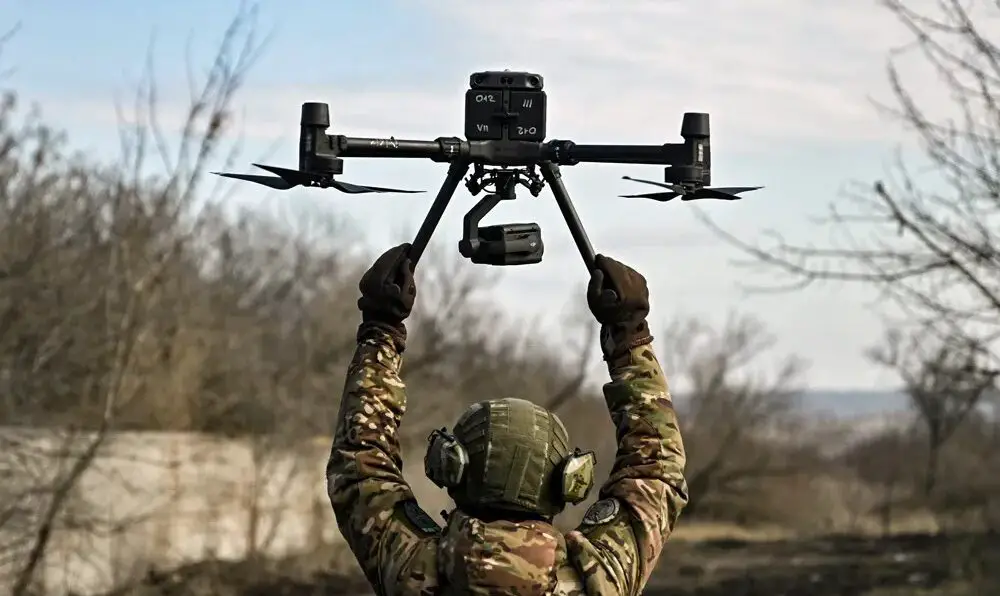Latvia has awarded contracts to local industry partners to conceptualize and manufacture counter-unmanned aerial systems for the armed forces.
The resulting technologies will be adopted to amplify the military’s air defense capabilities in response to current and future threats, according to Defense Minister Andris Sprūds.
Associated work will be conducted as part of the government’s broader objective to expand a “range of national and European Union anti-drone offerings that are internationally competitive and maximally independent of third-country supplies.”
Primary contractors selected for the initiative include Origin Robotics, SAF Tehnika, and Frankenburg Technologies.
Creating Critical Solutions
The first stages of the project will focus on the research and development of an automated interceptor, an electronic warfare-based solution, and guided missiles.
It will be followed by another phase in which the consortium, in partnership with Latvian engineering firm WeMPS, will modify existing weapon systems into automated countermeasures systems.
Riga highlighted that portions of the effort will adapt anti-drone techniques observed in the ongoing Russian-Ukrainian war.
Over $10M in Investment
Throughout this venture, the Baltic state will entertain potential collaborators from relevant organizations, including from its domestic industrial base and institutes as well as NATO and EU members, who are interested in co-developing or co-financing the project.
Overall, the development will cost about 10 million euros ($10.7 million), with the budget to increase depending on investments in the future.
“The Ministry of Defence reserves the right to unlimited use of the results created in the project for its own needs,” the Latvian Ministry of Defence said.
“At the same time, cooperation partners are not denied the opportunity to offer the created technologies and products manufactured on their basis to the armed forces of other countries.”



